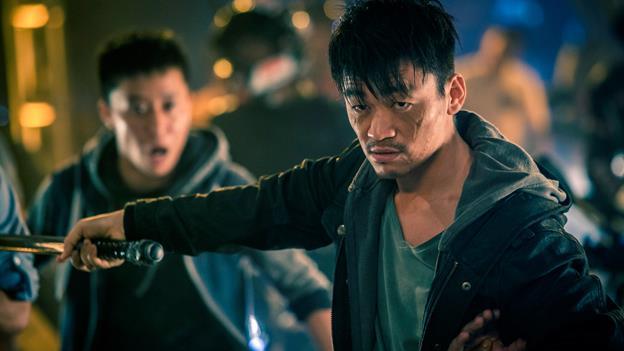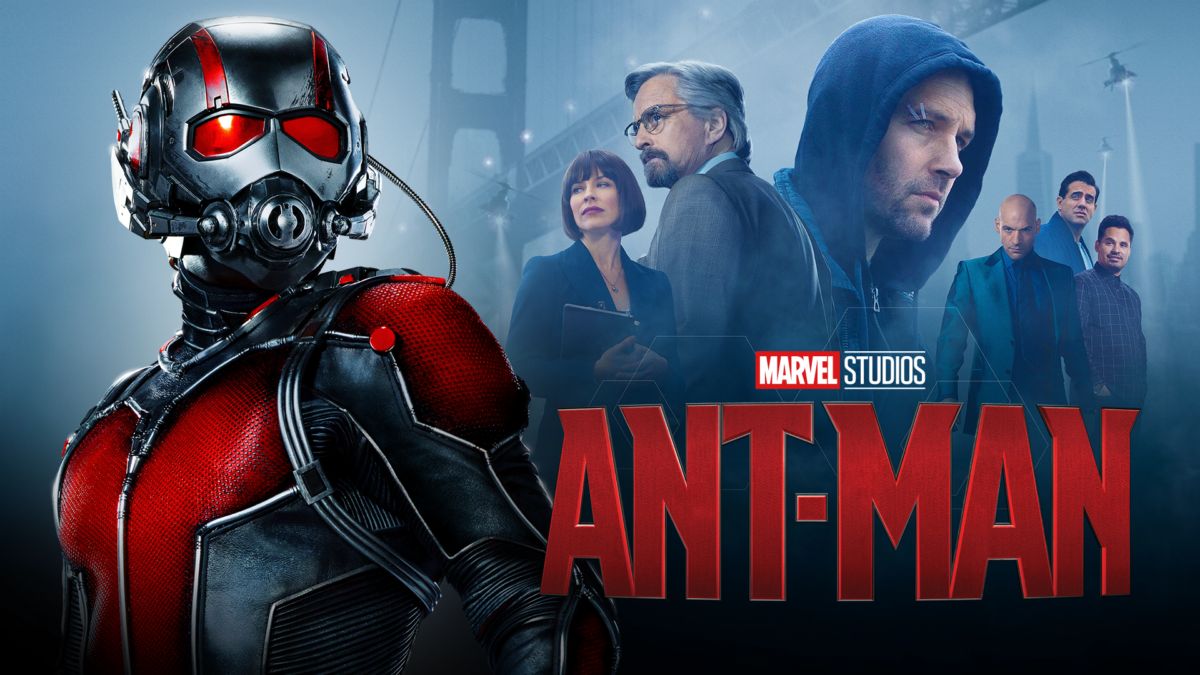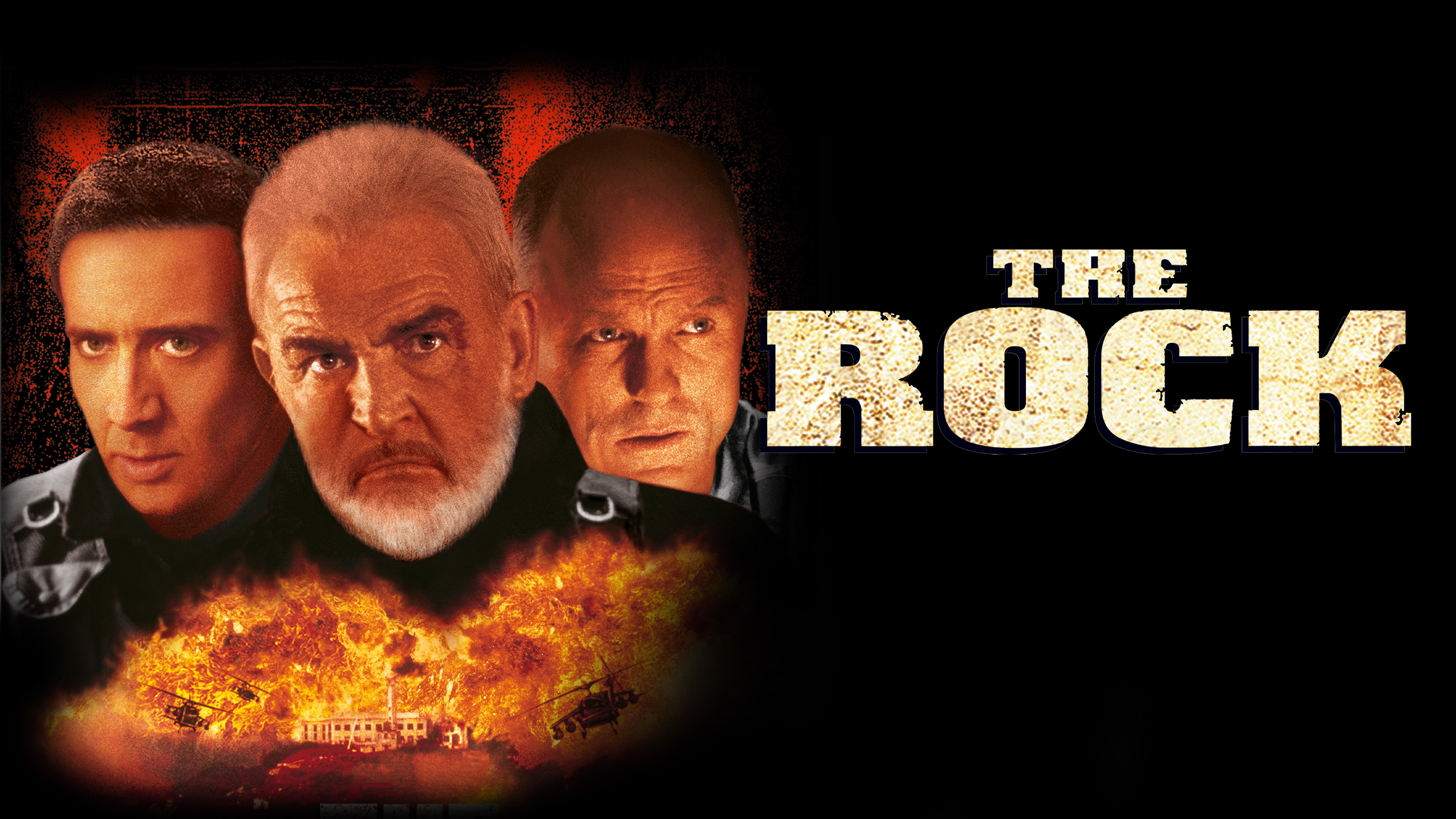Kung Fu Jungle – A Martial Arts Thriller That Honors Tradition and Innovation
Kung Fu Jungle, also known internationally as Kung Fu Killer, is a 2014 Hong Kong action thriller directed by Teddy Chan and starring martial arts legend Donnie Yen. This film stands out not only as a thrilling action-packed ride but also as a love letter to traditional martial arts cinema. With its tight choreography, strong emotional core, and thematic depth, Kung Fu Jungle reinvigorates the genre while paying tribute to the masters who came before.
The story centers around Hahou Mo (played by Donnie Yen), a former martial arts instructor for the police who is serving time in prison for accidentally killing an opponent during a duel. When a series of brutal murders targeting martial arts masters begins to unfold, Hahou offers to help the police in exchange for his release. He quickly discovers that the killer, Fung Yu-Sau (played chillingly by Wang Baoqiang), is on a mission to defeat—and kill—masters from various martial arts disciplines, proving himself the ultimate fighter.

Fung is not just a simple villain; he is a tragic figure driven by grief and obsession. His motivations are rooted in personal loss, and his rampage is portrayed not merely as a bloodthirsty spree, but as a distorted journey of self-worth and identity. This makes him a compelling antagonist and elevates the narrative beyond a simple good-vs-evil setup.
The film's structure is built around a series of spectacular one-on-one fights, each showcasing different martial arts styles—from boxing and kicking to grappling and weapon-based combat. These fights are beautifully choreographed and shot with clarity and intensity, avoiding the overly edited style seen in many modern action films. Donnie Yen, also the film’s action director, brings authenticity and respect to each sequence, ensuring that the martial arts are not only thrilling to watch but grounded in tradition and discipline.
Kung Fu Jungle is also a meditation on the meaning of martial arts in the modern world. While action and violence are central to the plot, the film explores deeper questions about honor, respect, and the philosophy behind fighting. It highlights how martial arts can be a path to self-control and understanding, rather than just a means to dominance.

Visually, the film is gritty and stylish, with a modern urban aesthetic that contrasts with the ancient traditions it celebrates. The pacing is brisk, and the tension remains high throughout, culminating in a dramatic rooftop showdown that pits skill, speed, and ideology against one another.
Donnie Yen delivers a strong performance, balancing his physical prowess with emotional nuance. Wang Baoqiang, in a rare villainous role, impresses with both his acting and martial ability, creating a memorable and unsettling presence on screen.
In conclusion, Kung Fu Jungle is more than just a martial arts film—it’s a tribute to the legacy of kung fu cinema and the philosophy that underpins it. With stunning fight scenes, a compelling story, and rich thematic layers, it stands as a modern classic in the genre.

-1751854322-q80.webp)

